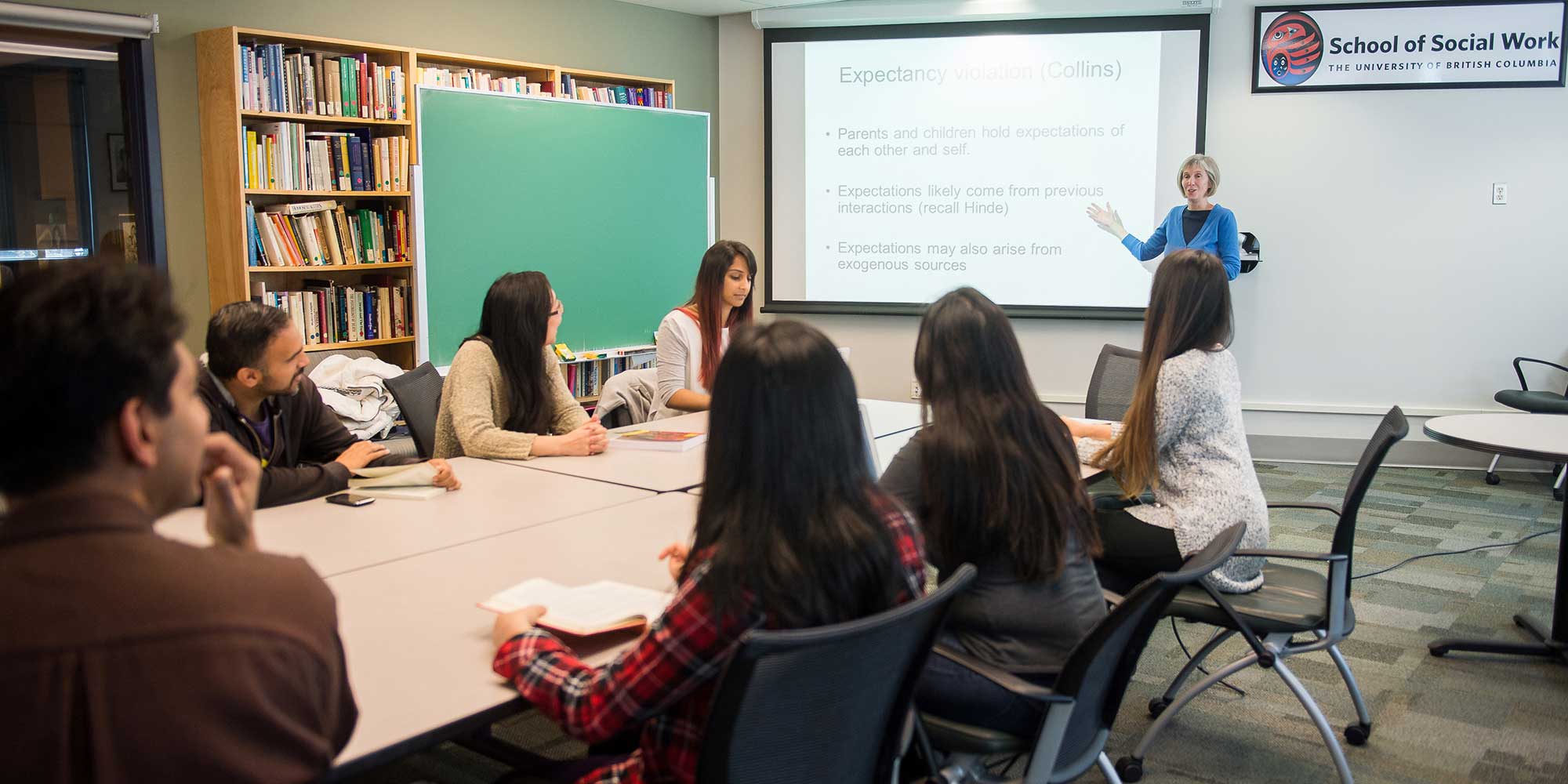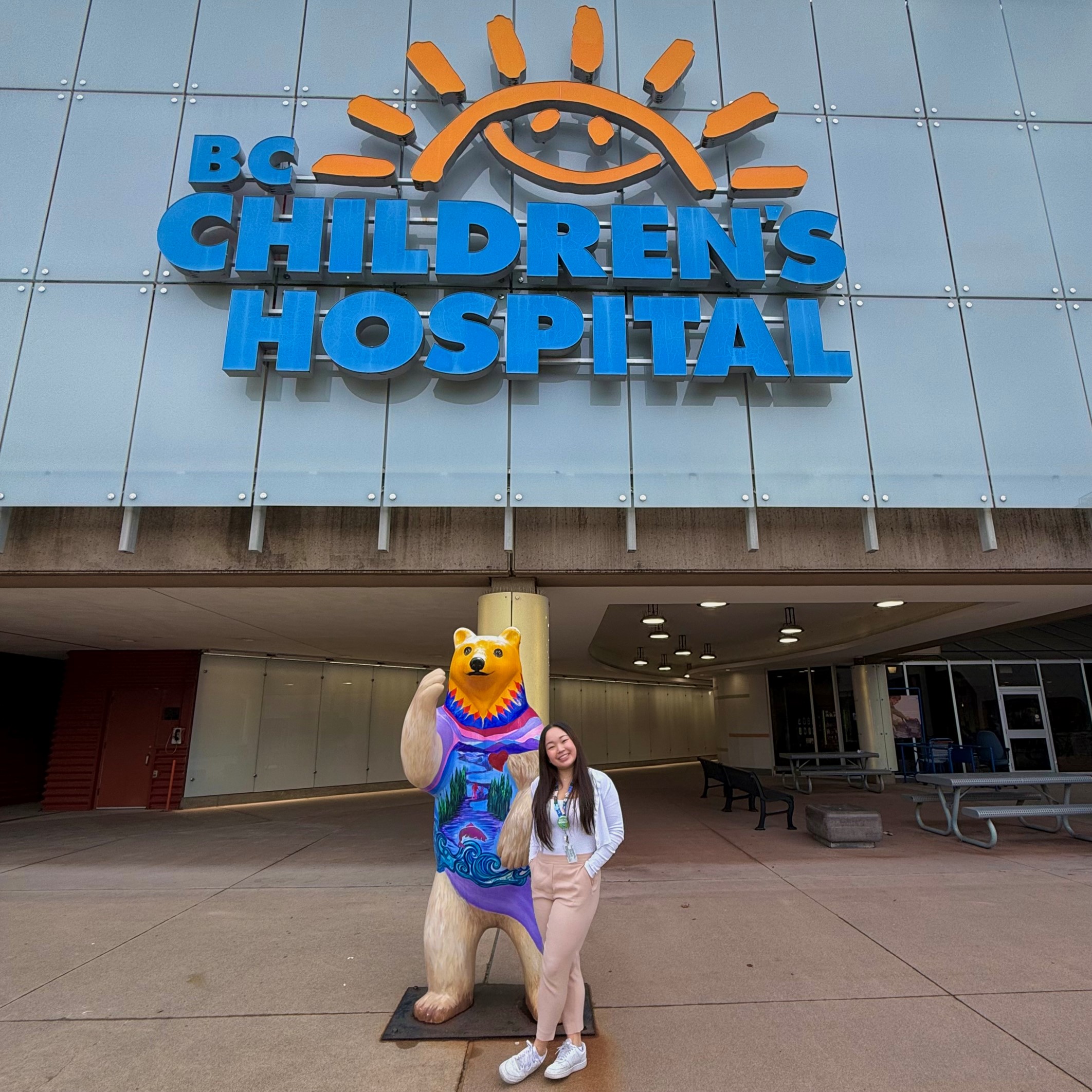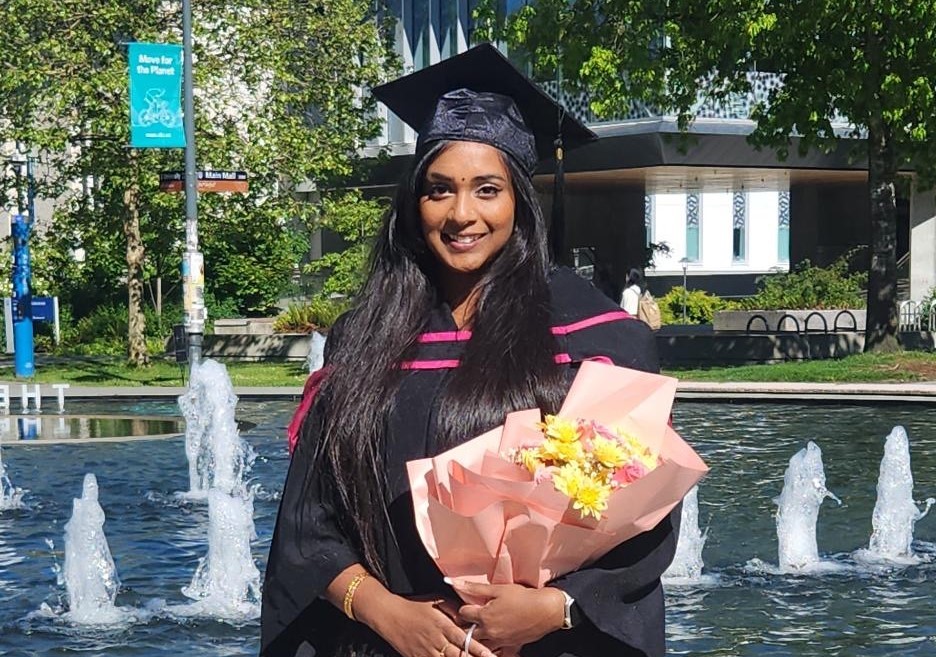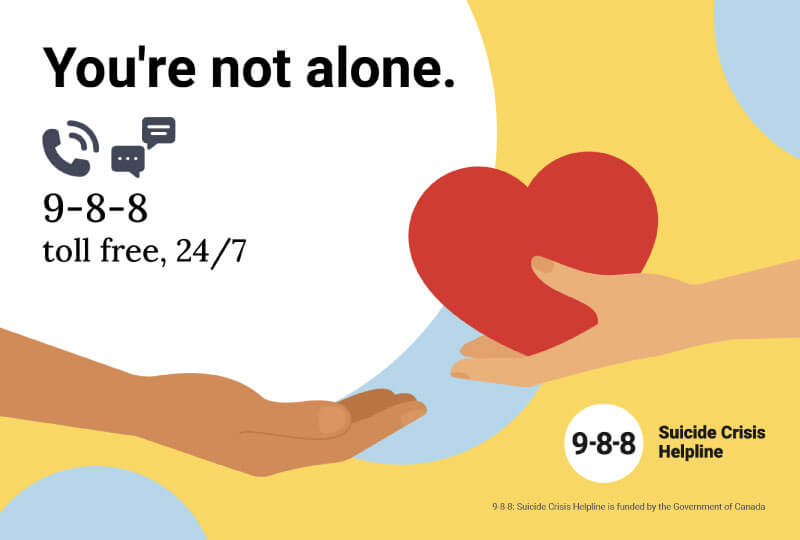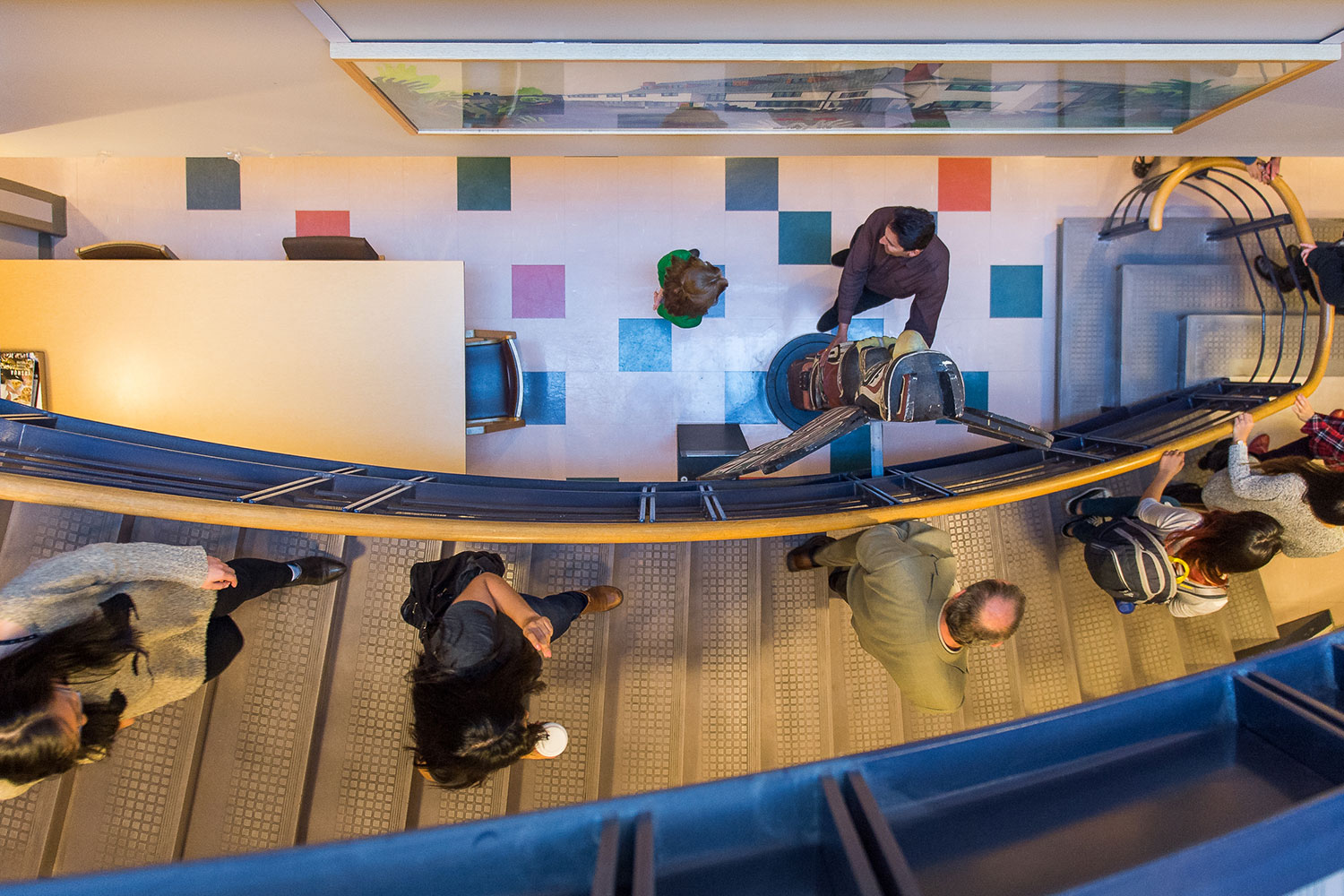Gain the knowledge, values, and skills necessary for initial level generalist professional practice through a social justice lens with the accredited Bachelor of Social Work (BSW) degree program at UBC Vancouver.
The BSW degree provides the knowledge, values, and skills necessary for professional practice, focusing on the interface between personal problems and public issues.
It is a single, integrated program that is generally completed in two years on a full-time basis. The curriculum includes courses on theory, policy, research, and practice and is complemented by integrative seminars, electives, and two field practicums.
It addresses issues of power and issues of discrimination based on age, race, gender, sexual orientation, disability, class, and culture. Critical thinking and structural analysis are central to the learning experience offered by the School and to the promotion of social justice and human well-being.
The BSW degree program is accredited by the Canadian Association for Social Work Education (CASWE) and is recognized across Canada and the United States.
Degree Requirements
The BSW program consists of 66 credits for students who enter without a bachelor’s degree, or 60 credits for those entering the program with a bachelor’s degree.
Note that it is not possible to do minors in other subject areas and if students have earned the credits for a minor through another program there will not be a formal notation for this on their BSW degree diploma.
- SOWK 305: Social Work Practice C, G and I (9 credits)
- SOWK 310A: Interviewing Skills (6 credits)
- SOWK 315: Practicum I (6 credits)
- SOWK 316: Integrative Practice (3 credits)
- SOWK 325: Indigenous Peoples and Critical Social Work Analysis (3 credits)
- SOWK 335: Social Analysis for Social Work Practice (3 credits)
- SOWK 337: Culture and Race in Social Work Practice (3 credits)
Summer term: Students without a prior degree should complete at least 6 credits of electives if they plan to graduate the following May, since the scheduling of SOWK 415 makes it very difficult to complete all elective requirements in the second year.
- SOWK 400: Canadian Social Policy (3 credits)
- SOWK 405: Social Work Practice II (3 credits)
- SOWK 415: Practicum II (6 credits)
- SOWK 416: Advanced Integrative Practice (3 credits)
- SOWK 420: Introduction to Social Work Research (3 credits)
- ELECTIVES* (9 or 15 credits)
*Electives must be 300-400 level courses chosen from the following areas:
- Faculty of Arts
- SOWK 440/450 courses
- Faculty of Education
- School of Population and Public Health
Students with a previous bachelor’s degree must complete 9 credits of electives; others must complete 15 credits of electives.
The majority of electives (i.e., 6 of 9 credits, or 9 of 15 credits) must be taken from SOWK.
- An appropriate practicum placement
- SOWK 441: Social Context of Child Development (Term 1 of 4th year)
- SOWK 442: Policy and Practice in Child Welfare (Term 1 of 4th year)
- An additional SOWK 440/450 elective
Appropriate placements
- The Ministry of Children and Family Development (MCFD) or a delegated agency such as Vancouver Aboriginal Child and Family Services Society (VACFSS) and other delegated agencies.
- Placements can be completed in:
- Intake/Assessment
- Family Services (Child Protection)
- Family Preservation
- Youth/Guardianship
- Adoption
- Resources (Foster care, etc.)
- Child and Youth with Special Needs
- Collaborative Practice
Acceptable electives
- SOWK 440B: Addictions
- SOWK 440C: Communities, Social Development & Community Organizing
- SOWK 440H: Social Work and the Law
- SOWK 440J: Global Mental Health
- SOWK 440K: Trauma Informed Practice
- SOWK 440Q: Social Work in Healthcare
- SOWK 450: Social Work Practice in Community Mental Health
- SOWK 453: Disability and Justice
SOWK 440 courses are a series of integrated seminars which address salient issues in social policy and social work practice, and draw upon combined knowledge from social work and related disciplines.
All BSW students are required to take at least one SOWK 440 course in addition to their general elective requirements, but students are encouraged to take several of these courses to meet some or all of their elective requirements. Not all these courses are offered every year.
- SOWK 440B: Addiction, Drugs and Everyday Life
- SOWK 440C: Community Based Research & Community Social Development
- SOWK 440H: Social Work and the Law
- SOWK 440J: Global Mental Health
- SOWK 440K: Advanced Interviewing Skills
- SOWK 441: Social Context of Child Development
- SOWK 442: Child Welfare
Quick Links


